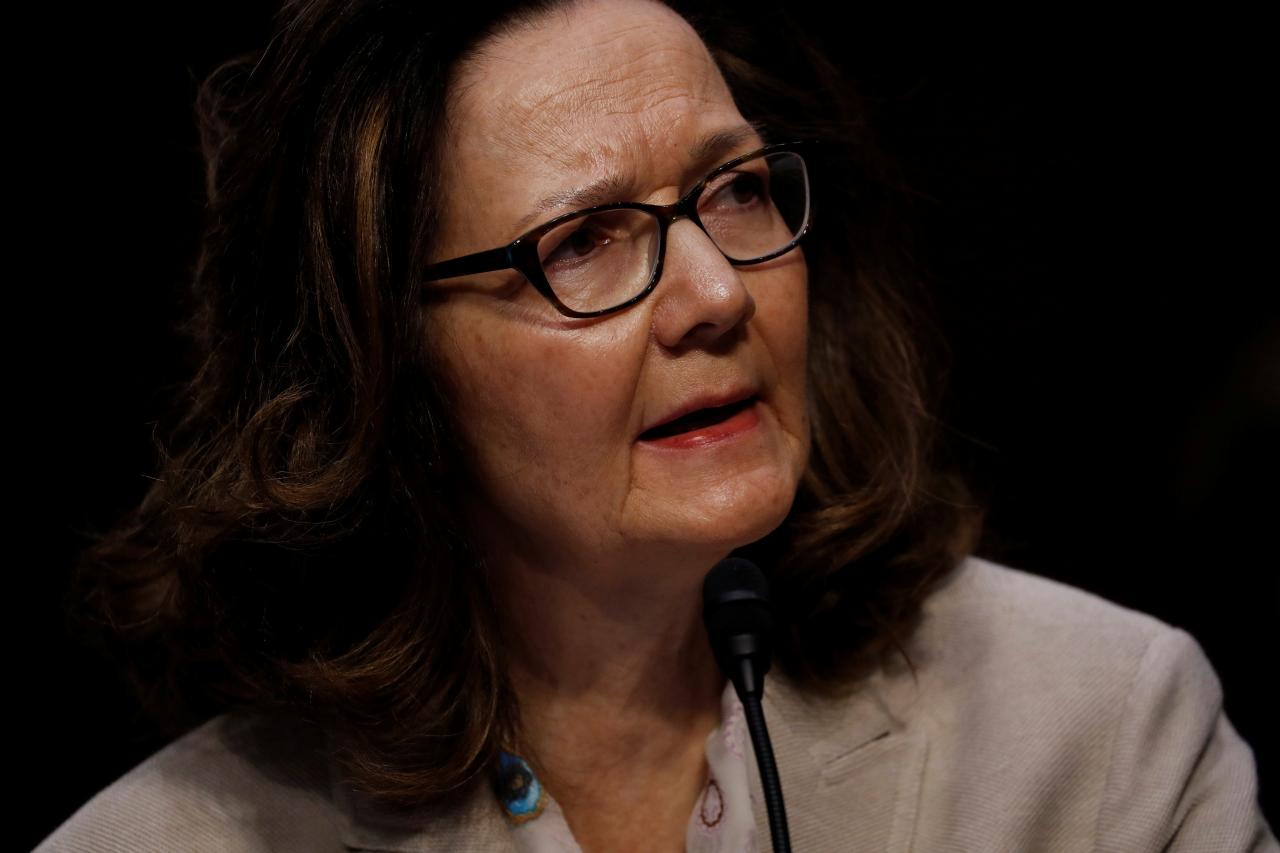WASHINGTON, 26 SEPTEMBER 2108 (VOA) – The United States’ premier spy agency is looking to expand its presence around the globe in order to eliminate so-called “intelligence gaps” and take on the growing threat from major powers like Russia and China.
CIA Director Gina Haspel on Monday called the shift from counterterrorism back to more traditional espionage against nation-states “a strategic priority,” saying the need to get better intelligence on current and potential U.S. rivals among “the hardest issues” facing the spy agency.
“We are sharpening our focus on nation-state adversaries,” Haspel told an audience at her alma mater, the University of Louisville, in her first public appearance since being sworn in as CIA director this past May.
Haspel also said she is intent on “increasing the number of officers stationed overseas.”
“Having a larger foreign footprint allows for a robust posture,” she said.
As part of that push, Haspel said the CIA is hoping to recruit more foreign language speakers, including those fluent in Chinese, Arabic, Farsi, Turkish, French and Spanish.
She also said the spy agency “is working more closely than ever with our allies across the world.”
Haspel’s comments reflect priorities laid out in the broader U.S. National Security Strategy late last year, which calls for countering moves by various adversaries to shift the global balance of power in ways that have been unfavorable to the United States.
The CIA director voiced particular concerns about China, which she said was “working to diminish U.S. influence in order to advance their own goals.”
“We do monitor very closely what appears to be an effort to expand their influence beyond their own region, in places like Africa, Latin America, the Pacific islands, South Asia,” she said.
“We are concerned by some of the tactics they use, offering poor countries, investments, and loans that perhaps those countries are not going to be able to repay,” Haspel said. “We want those countries to be aware of their own sovereignty and how foreign investment in their infrastructure and their national security infrastructure can ultimately compromise their sovereignty.”




